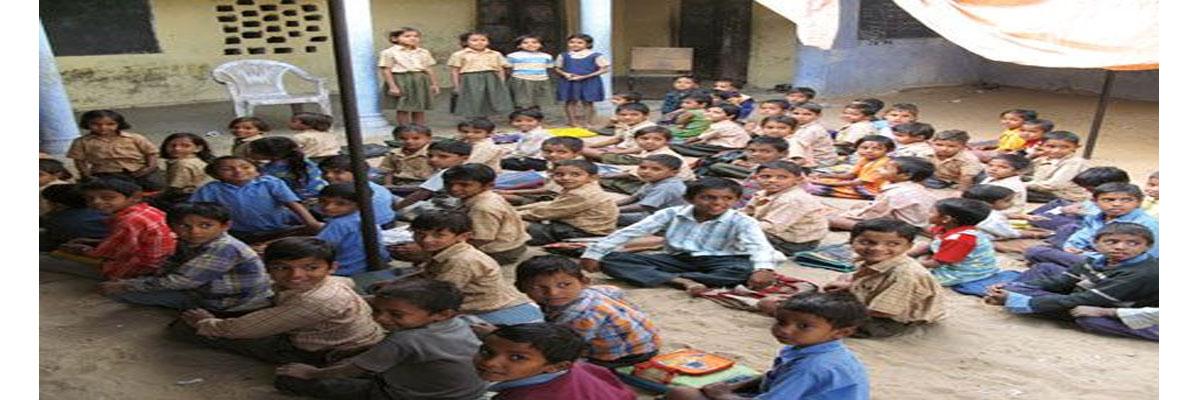English medium schools may not benefit India's poorest students

Using English as medium of instruction for very young and underprivileged children in India especially those who speak a different language at home may be holding them back from learning basic school skills, scientists claim
London: Using English as medium of instruction for very young and underprivileged children in India -- especially those who speak a different language at home -- may be holding them back from learning basic school skills, scientists claim. Researchers are trying to decode why Indian children -- who normally know more than one language -- do not enjoy the same cognitive and learning advantages seen in multilingual students in the West. A four-year project, in collaboration with researchers from the University of Reading in the UK and project partners in Karnataka, Hyderabad and New Delhi, aims to find out why in a country where multilingualism is so common, the benefits and advantages of speaking more than one language, observed in Europe for instance, do not apply. Rather, Indian children show low levels of learning basic school skills, researchers said.
According to Professor Ianthi Tsimpli from Cambridge University in the UK, the answers to this paradox may lie within the dataset she and her colleagues are compiling with the help of more than 1,000 primary-age schoolchildren across Delhi, Hyderabad and Bihar. Two years into the project, the team has discovered considerable variation in the provision of education across government schools in the three areas, with different teaching practices and standards. Having tested all 1,000 children, they will now embark on retesting them, looking not only at test results, but also allowing for other variables such as the standard of schooling, the environment and the teaching practices themselves.
It is possible that one of the causes of low performance is the lack of pupil-centred teaching methods; instead, the teacher dominates and there is little room for independent learning. Although the findings are at a preliminary stage, researchers have found that the medium of instruction used in schools, especially English, may hold back those children who have little familiarity with or exposure to, the language before starting school and outside of school life. "Most of the evidence from this and other projects shows that English instruction in very disadvantaged areas might not be the best way to start, at least in the first three years of primary," said Tsimpli. "What we would recommend for everyone, not just low socio-economic status children, would be to start learning in the language they feel comfortable learning in," she said.
"The medium of instruction should reflect the strengths of the child. When it does, that child will learn better. English can still be used, but perhaps not as the medium of instruction in primary schools," she added. "It could, for example, be one of the subjects that are being taught alongside other subjects, starting perhaps from the third year of primary school," Tsimpli. While the preliminary results show that there is no difference in general intelligence among boys and girls from slum versus urban poor backgrounds, scientists found that children from slum backgrounds in Delhi do not seem to lag behind other children from other urban poor backgrounds -- and in some cases perform better.














